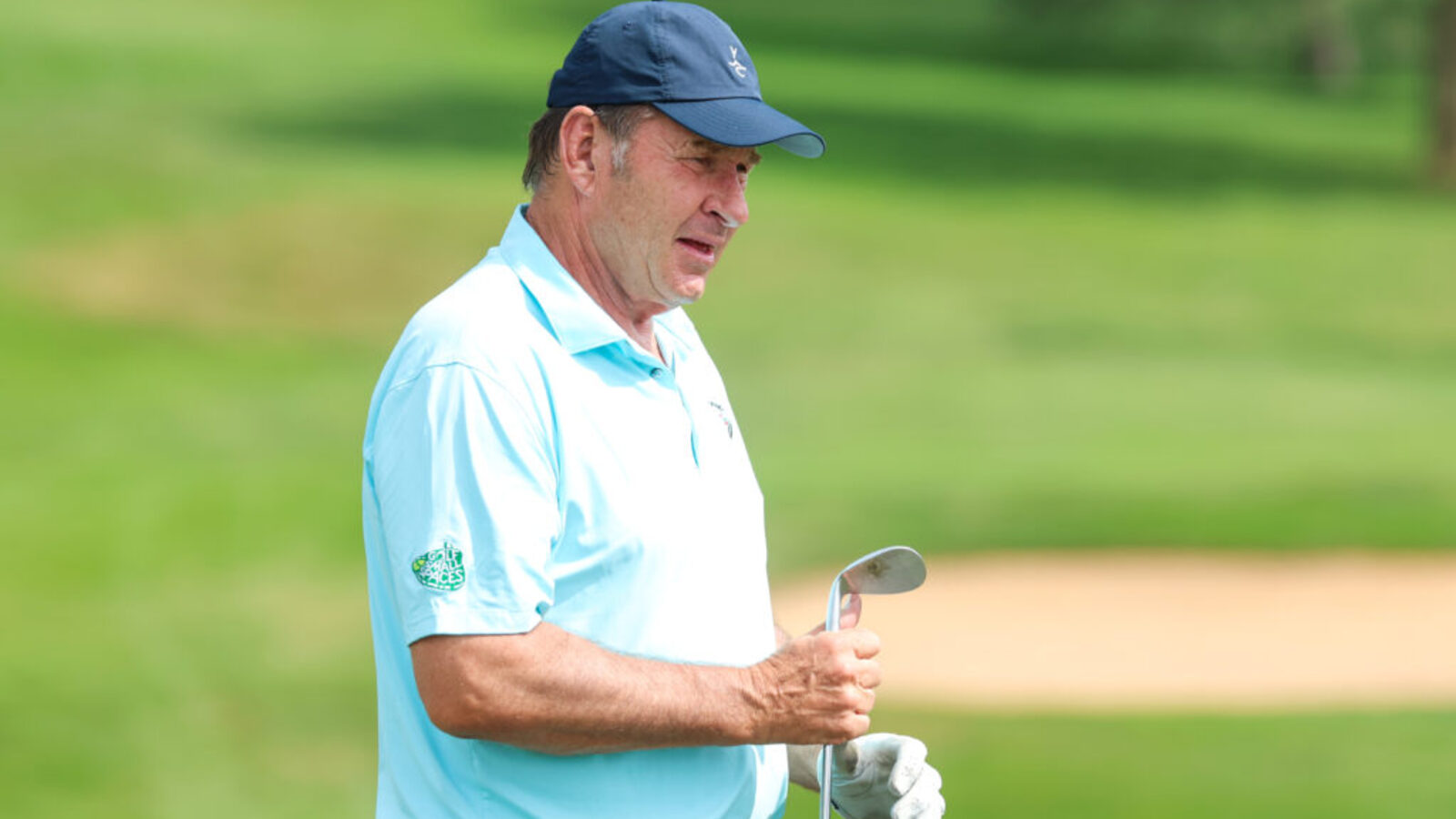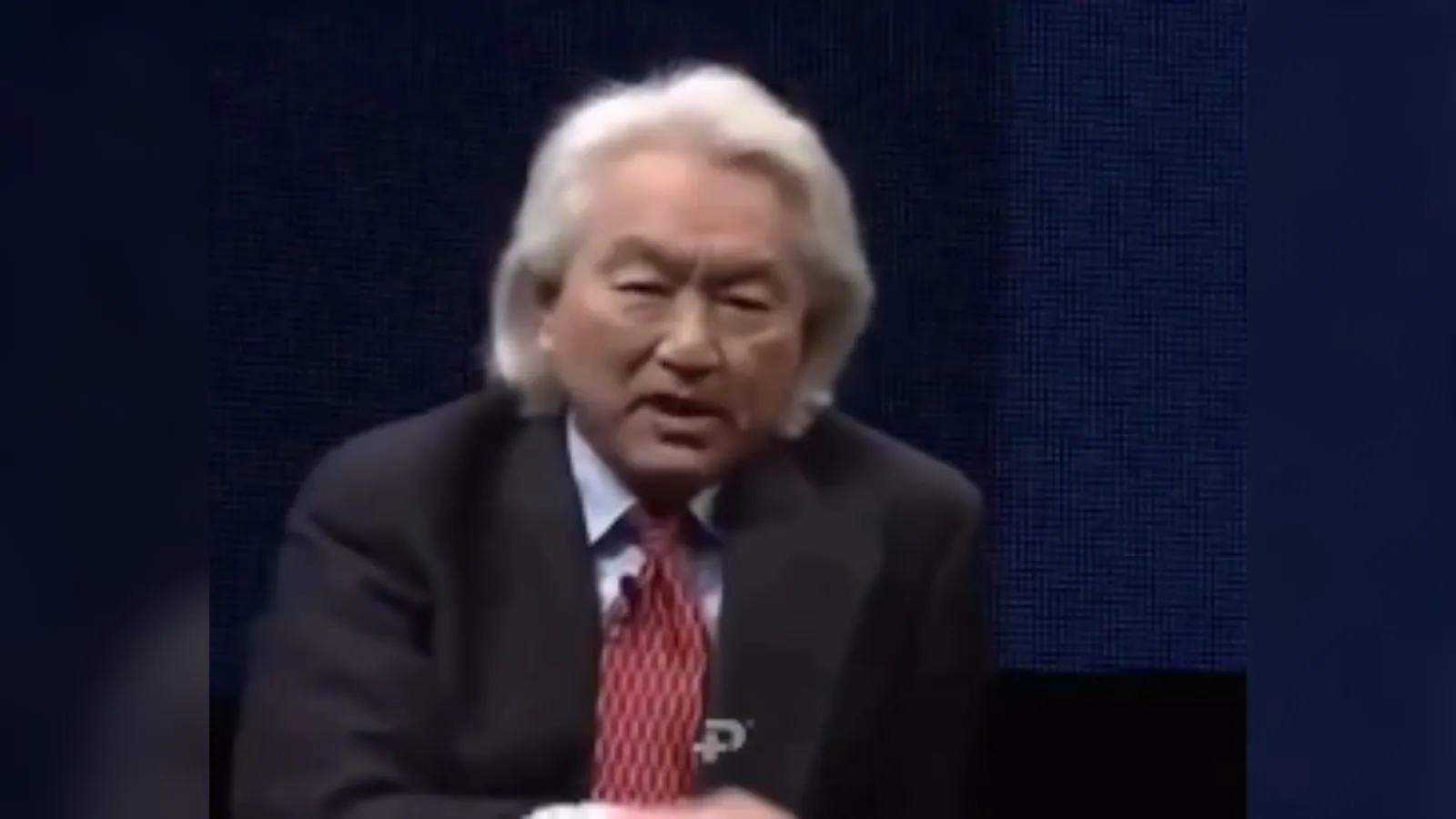
The 2025 Ryder Cup will be the penultimate before major changes to golf ball regulations are put in place.
The R&A is planning to introduce new rules designed to reduce how far balls travel, aiming to help protect shorter courses from being overpowered.
These regulations will start affecting elite players in 2028, and it will take a couple of years to have an impact on recreational golfers.
The move has not been universally popular, though, with some arguing it hits casual players harder than professionals.
For instance, Sir Nick Faldo thinks there are better alternatives.
Sir Nick Faldo weighs in on the golf ball rollback
Around the turn of the century, Faldo was among the players who witnessed swift advancements in club technology. Although most of his success came earlier, he did appear in all four majors as recently as 2004.
Speaking on the Sliced podcast this week, the Welwyn Garden City native expressed a preference for the PGA Tour to prohibit the use of tees at certain events or to outlaw wedges with higher lofts.
“I wanted to bring back ball-striking ability, the skill of striking, because in my day, as you know, the size of our old drivers and the sweet spot was the size of a pea. You had to nail it, that’s why you say coming out the screws, right out the middle. If you mishit it, we had a hook and a slice, and we lost 25 yards. If you were an excellent ball-striker, you were in the top five percent of golfers. Now, anybody can do that, because the sweet spot is probably the size of a quarter now. Completely different,” he said.
“I’m much more of a fan, and we could do it, I blurted out years ago, ‘well, what about banning tee pegs then?’ Then I thought about it. If there was an official length to a tee peg for tournament play, let’s say it was 7/8ths of an inch, that means you can’t tee it up like that and get a 60 inch driver launching at 13 [degrees]. The tour could say, ‘hey guys, when we’re playing a golf course under 7100 yards’, which is short, isn’t it, ‘guys, no tee pegs this week’. Hilton Head, you wouldn’t need it, you’d hit three wood. But it’s not stopping the guy who’s good enough. If a guy’s good enough to place it and hit a driver off the deck, all the power to him. If he can still run it out there over 300, that’s the skill. Good luck doing that on a Sunday afternoon if you had to do it into the wind, that would be a skill.
“Here’s another one that wouldn’t cost anything, it’s just writing in a rule book, we could say we have nothing less than 10 degrees now. 10 degrees is the minimum for the driver, and go the other end and say can we stop at 56 again? The wedges stop at 56, no more 60 and 62s. That doesn’t cost a penny to write that in a rule book.
“These companies are going to spend hundreds of thousands retooling, and how do you market it? ‘This is our brand new golf ball, it goes 20 percent less than the last one’. That’s harsh, that’s cruel.
“I would love to bring back the skill somehow.
“Rolling back the ball, Bernhard Langer made a great example years ago. When Bernhard made the cut, he said ‘I’m hitting wood into these par fours and I made the cut just’, he said, ‘if they roll back the ball, I wouldn’t play the tournament. I wouldn’t be able to reach anything’.”
Rory McIlroy’s 2023 comments on the golf ball rollback
Faldo’s stance is likely to resonate with many, but there is a valid argument that distance off the tee is also a valuable skill.
Rory McIlroy was one of the few who publicly supported The R&A’s move. Speaking to BBC Sport in 2023, McIlroy expressed surprise at how heated the debate had become.
“I don’t understand the anger about the golf ball roll back. The people who are upset about this decision shouldn’t be mad at the governing bodies, they should be mad at elite pros and club/ball manufacturers because they didn’t want bifurcation.
“Elite pros and ball manufacturers think bifurcation would negatively affect their bottom lines, when, in reality, the game is already bifurcated.”
The trend towards ever-longer courses is not helping either, especially with environmental concerns growing.
Longer layouts often make for less interesting viewing too. It takes more creativity to design a compelling 375-yard par four than simply stretching it out to 500 yards without much thought.
Faldo clearly has doubts about whether The R&A has taken the right path forward.



